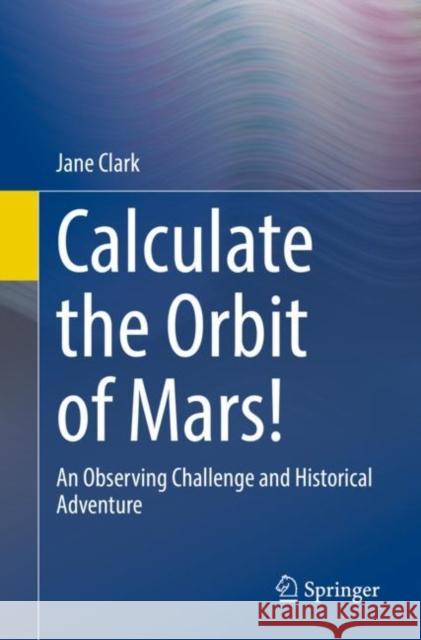Calculate the Orbit of Mars!: An Observing Challenge and Historical Adventure » książka
topmenu
Calculate the Orbit of Mars!: An Observing Challenge and Historical Adventure
ISBN-13: 9783030782665 / Angielski / Miękka / 2021 / 312 str.
Calculate the Orbit of Mars!: An Observing Challenge and Historical Adventure
ISBN-13: 9783030782665 / Angielski / Miękka / 2021 / 312 str.
cena promocyjna 82,10
(netto: 78,19 VAT: 5%)
164,20
Rabat: -50%
Najniższa cena z 30 dni: 127,20
(netto: 78,19 VAT: 5%)
Rabat: -50%
Najniższa cena z 30 dni: 127,20
Termin realizacji zamówienia:
22 dni roboczych
22 dni roboczych
Darmowa dostawa!
Zobacz inne książki w promocji: Wyprzedaż publikacji z zakresu nauk stosowanych
Kategorie BISAC:
Wydawca:
Springer
Język:
Angielski
ISBN-13:
9783030782665
Rok wydania:
2021
Wydanie:
2021
Ilość stron:
312
Waga:
0.54 kg
Wymiary:
23.37 x 20.32 x 1.52
Oprawa:
Miękka
Wolumenów:
01











